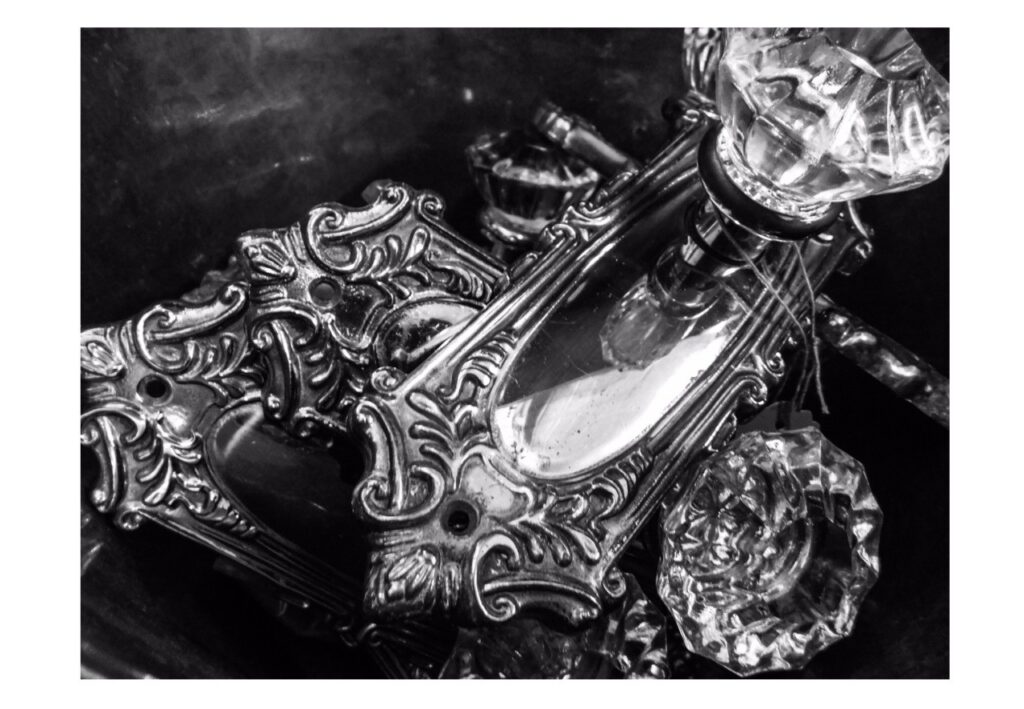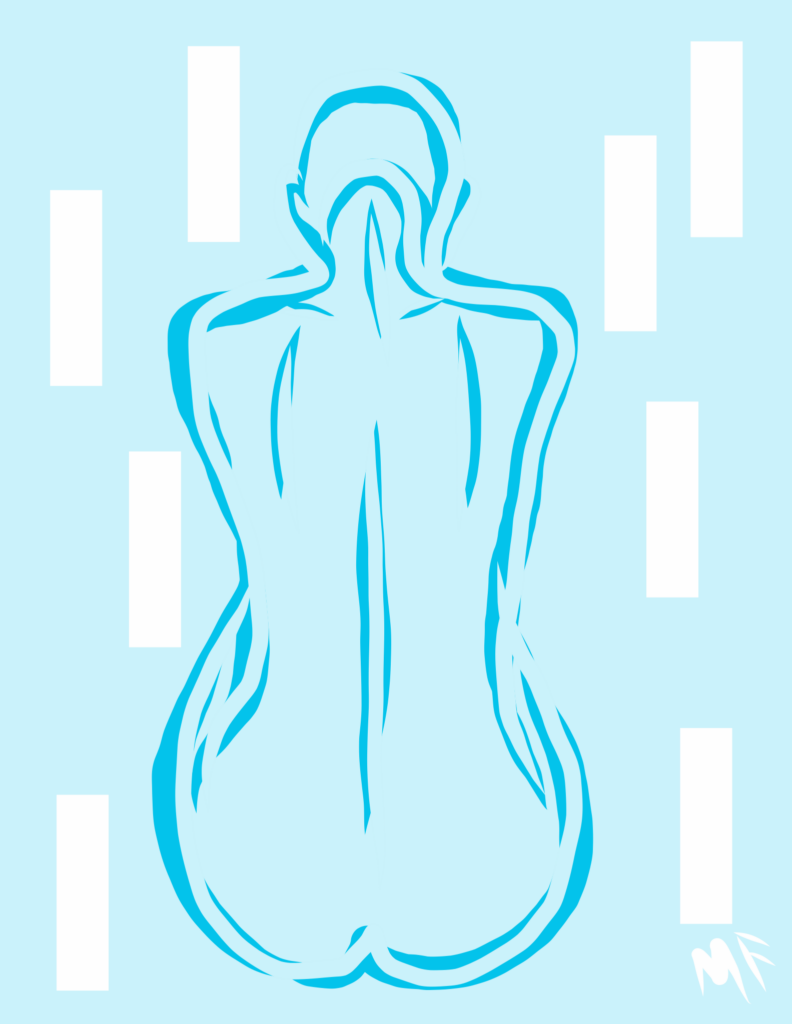Q & A Date | July 31, 2020
Milicent Fambrough is a multidisciplinary artist and author who draws inspiration from her hometown of San Antonio, Texas.
After submitting to the My Dearest Friends Project, we invited Milicent to participate in a podcast interview. Preferring to conduct the interview via email, we decided to create a Q & A journal. We hope you enjoy the highlights of our exchange.
Q: Why did you choose to send a submission to the My Dearest Friends Project?
A: I feel bringing awareness to the issues faced by the disabled community is important. Having a platform to express your feelings/opinion on current issues are also important to the health of a community as a whole.
Q: What drew you to the My Dearest Friends Project?
A: I feel the project to be important. That people with disabilities are marginalized. I have a voice due to my accomplishments. I want to use my voice wisely. Helping beat the stigma of being a disabled person is a good cause and affects me personally.
Q: When you sent us your My Dearest Friends Project submission, you identified yourself as “a disabled contemporary artist and writer from San Antonio Texas” but you don’t mention disability in any of your posts or links. How do you feel about being publicly identified as a disabled artist by DisArt?
A: That is a good question. I don’t mind being identified as disabled. Most family and friends know I am. Growing up I was categorized as learning disabled. As time passed other factors came into play. Depression, anxiety disorder, has affected all aspects of my daily life.
Q: DisArt is interested in exploring the intersectionality between disability and other minority experiences such as race, gender, sexual orientation, age, socioeconomic status, religion, ethnicity, etc… What intersections exist in your life and how do they play out for you?
A: I am a mixed race African American female. This affects my treatment at every facility. I have been put through things that others would not based solely on appearance.
Q: Would you consider yourself an advocate or activist? If so, in what ways?
A: Firstly I am a artist. I advocate for things I feel are important. I use my voice when I feel I should speak up. I don’t consider myself a full blown activist. Activism to me means going full time. That my daily goal is to change the world. I don’t think I would measure up to my own definition of the word activist.
Q: What can you tell us about your work and your artistic process?
A: I hide behind my camera when I’m uncomfortable. Through my camera is mostly how I view my surroundings. The artwork is more a private task.”

Q: In what ways do you think that your lived experience of disability has played a role in your work?
A: The action of painting or cutting paper helps calm my mind. I find that art can be therapeutic.

Q: As you know there is a lot going on in the world right now. How have you and your art been impacted by the COVID-19 pandemic? By the Disability Rights Movement and the 30th anniversary of the ADA? By the Black Lives Matter movement?
A: I am saddened by the loss of lives. Lately it seems I am saying condolences to my friends more than congratulations. That makes me sad. The black lives matter movement is a repackaging of the civil rights movement just updated. I feel it is important. The ADA is also important to me. COVID-19 has me more of a hermit than the usual.
Thank you, Milicent, for sharing a little bit of yourself with us and the DisArt community. You can view more of Milicent’s work in her digital portfolio as well as on Instagram and YouTube.